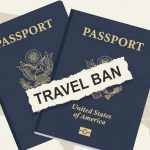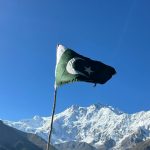Iraqi Kurdistan is a largely unknown area in the Middle East. Nestled between Central Iraq to the South, Syria/Rojava to the East, Türkiye to the North and Iran to the West, the region is a bed for cultural diversity and diverse peoples. There is a rough estimate of over 6 million people residing in Iraqi Kurdistan, however exact census information is largely unknown.
So, who lives in Iraqi Kurdistan? Is it just the Kurdish majority? Are there other ethnicities in Kurdistan? In fact there are many peoples that call Iraqi Kurdistan home.
Table of Contents
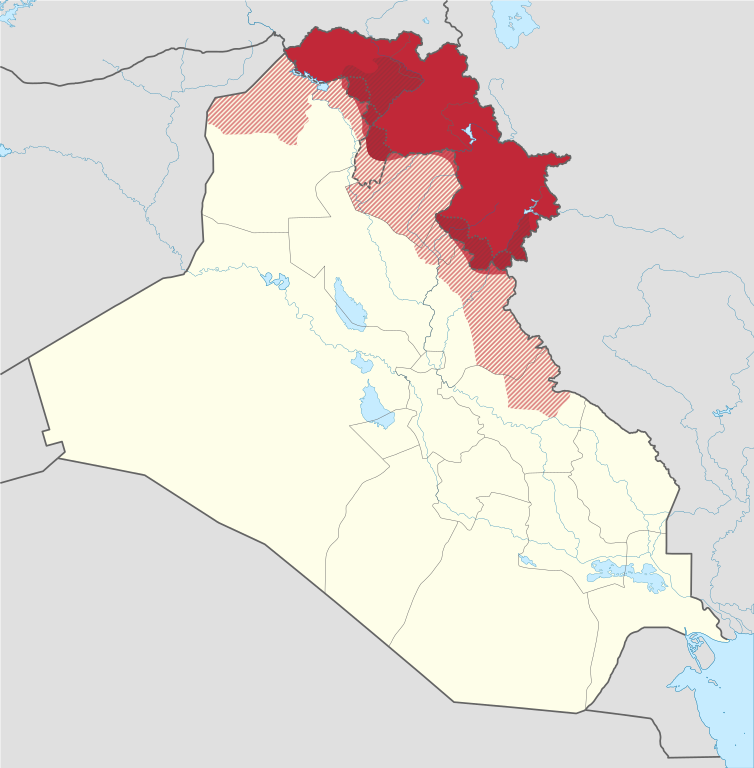
Background on Iraqi Kurdistan
Iraqi Kurdistan formed governance in 1992. These days, there are two main families involved in politics for the region – the Barzanis and the Talibanis (not to be confused with the Taliban in Afghanistan and Pakistan). The Barzanis have led the Iraqi Kurdistan for a long time and have majority in Erbil, Duhok and other Central and Western cities and provinces. The Talibanis have more influence in the Eastern cities such as Slemani and Halabja, however both parties are involved in the same governance system and often cooperate.
Iraqi Kurdistan (officially referred to as Southern Kurdistan by the Kurds) broke away from Federal Iraq in 2017 when the Central Iraqi government weakened after fighting an extremely lengthy and deadly half-decade long civil war. While the government was weakened, the Kurds and other ethnicities in Kurdistan saw this as their chance for autonomy.
A referendum was held by the prior established governance in the North. The people voted overwhelmingly to separate from the Central Iraq government. Nowadays, the two regions of Iraq have a better relationship than in the past under former Presidents, most infamously Saddam Hussein.
Iraqi Kurdistan now enjoys diplomatic relations, trade and border agreements with all their neighbors and have solidified themselves as the strongest out of all the Kurdish regions in the area. Many people call Iraqi Kurdistan home – not just the Kurdish majority.
Kurdish
The Kurds are of course the largest ethnicity group living in Iraqi Kurdistan. There are an estimated 45 million Kurds in 2024. Majority of these Kurds (around 25 million) live in Turkey. The others are split between Iran, Syria and Iraq, with small communities in other countries such as Armenia. In addition, many Kurds now live overseas in European countries such as Germany, The US, Australia and Canada.
In Iraqi Kurdistan, Kurdish make up approximately 86% of the population and form the absolute majority. If you include all of Iraq, Kurds make up just 15-20% of the population. There are also populations of Kurds living inside Central Iraq, including in Baghdad, Kirkuk and Mosul.
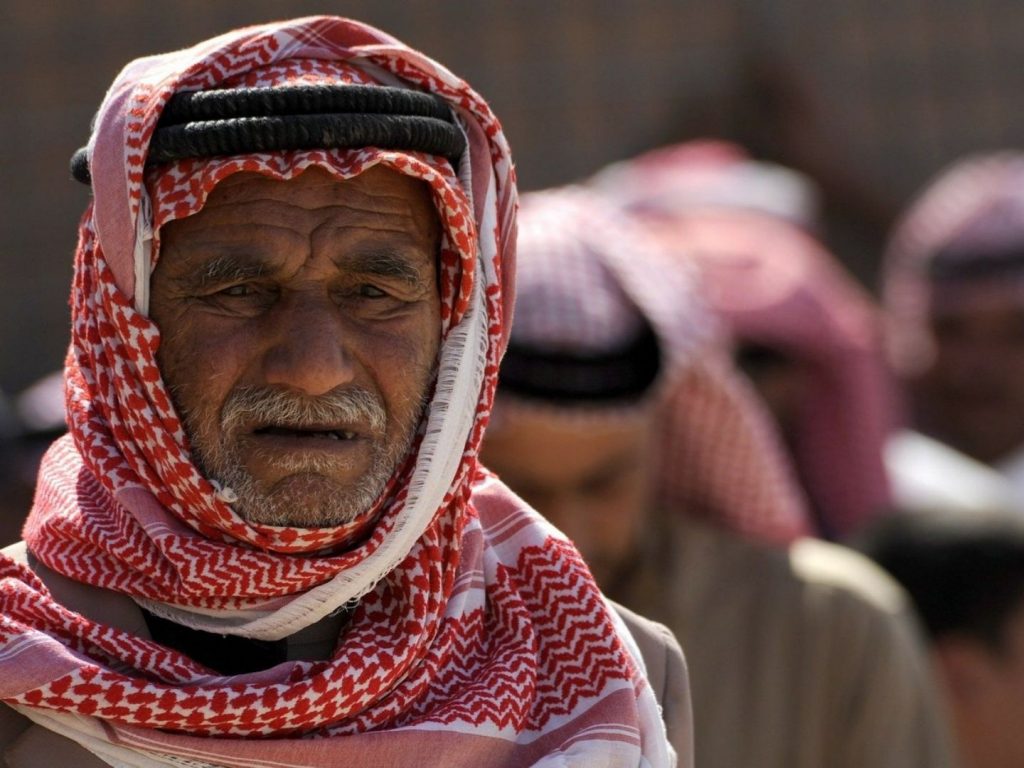
Arabs
There are Arabs who call Iraqi Kurdistan home. While in Central Iraq and Iraqi Kurdistan, Arabs make up 75-80% of the population, they are one of the minority ethnicities in Kurdistan.
However, after the war in Syria in 2011, many Syrians – especially young men migrated to Iraqi Kurdistan. Big cities such as Erbil and Duhok have very large Syrian communities. It is estimated that Iraq welcomed 327,000 refugees and asylum-seekers, 90% of whom are Syrian and live in the Kurdistan Region of Iraq.
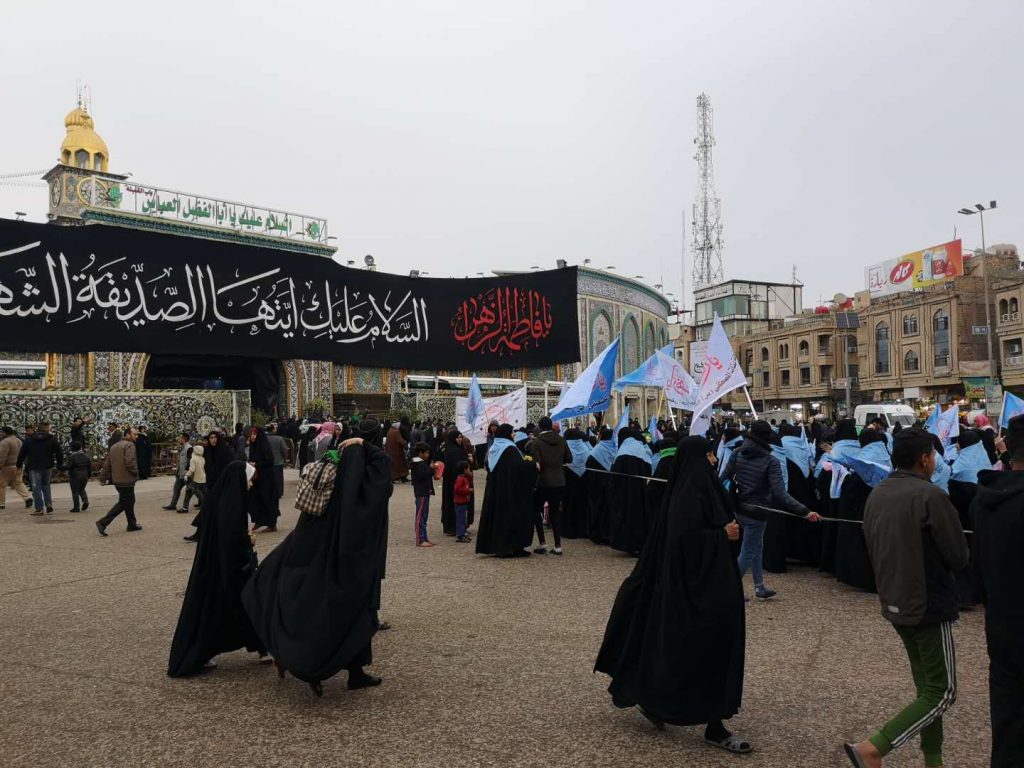
Yazidis
The Yazidis have faced 74 genocides in their history and some may say they have rarely had a safe place. The most sacred of Yazidi places is located in Kurdistan, the Temple of Lalish is located in Iraqi Kurdistan.
The Yazidis are monotheist and ethnic people who believe they are the descendants of prophet Noah and that God has 7 angels, the leader being Melek Taûs (Tawûsî Melek), the Peacock Angel to handle worldly affairs.
There are many misconceptions about Yazidi peoples, including the labeling of Yazidis as ‘satan worshipers’ due to misunderstandings about the Yazidi faith. This has led to the targeted genocides against Yazidis in the past, the most recent one perpetrated by ISIS. Yazidis are often described as fierce fighters and many join the Peshmerger to keep their community safe.
There are believed to be 1.6 million Yazidis in the world, mostly in Iraqi Kurdistan, Turkey and overseas in Germany, Belgium, wider Europe, the US and Australia.
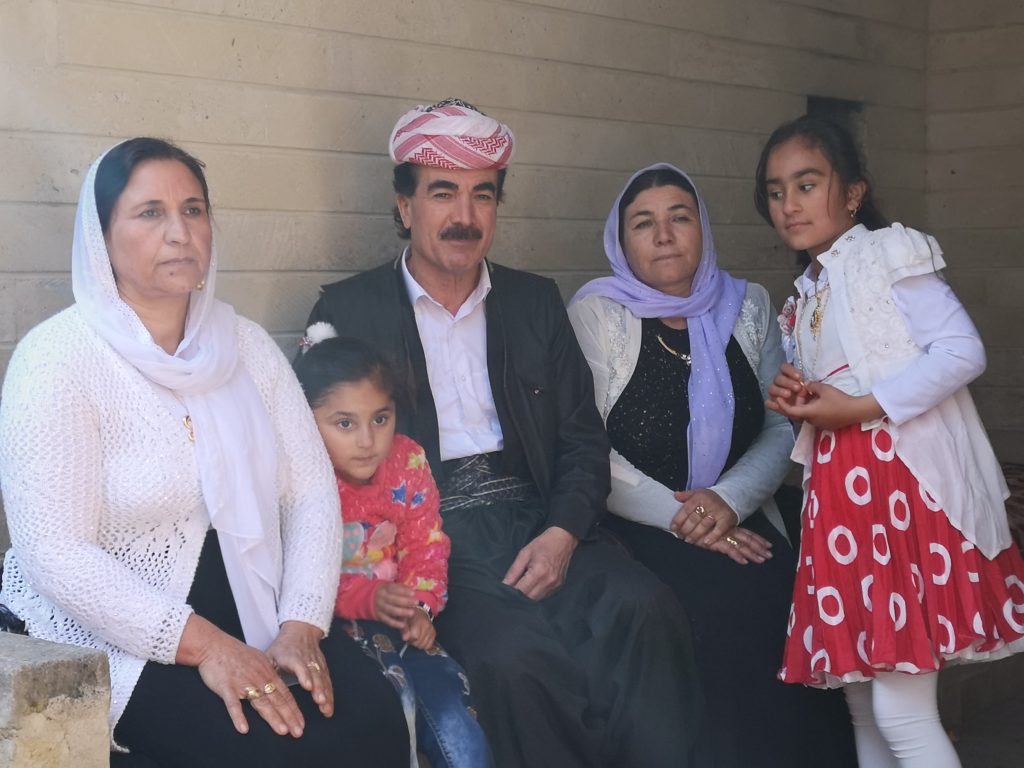
Armenians
The Armenians in Iraqi Kurdistan are believed to have migrated after the Armenian genocide in the early 20th century. Mostly, Armenians live in cities in North-Western Kurdistan including Dohuk and Zakho on the Zakho river and have established communities, churches and infrastructure. There are a large portion of Armenians in Central Iraq too – however contribute to the minority ethnicities in Kurdistan.
Turkmens
Iraqi Turkmens are native to Iraqi Kurdistan and make up 10-15% of the entire Iraq population – making them one of the larger minority ethnicities in Kurdistan. Turkoman is an official minority language under the 2005 Iraqi Constitution – however in Turkmen education systems in Iraqi Kurdistan, it was decided that Turkish would henceforth be the language of communication. Most Turkmens live in “Turkmeneli” a region that encompasses the governorates in Iraq and Iraqi Kurdistan of Kirkuk, Erbil, Nineveh, Saladin and Diyala.
Assyrians
Assyrians are a ethnic group of predominantly Christians who have faced many challenges. Many feared persecution during the recent civil war and fled overseas, with a majority of those in the exodus finding refuge in America.
Kurds and Assyrians have a stained relationship that dates back almost to the organisation of both communities as they have inhabited the same lands. While most Assyrians call the Nineveh Plains home in Central Iraq, there is a minority who live in Iraqi Kurdistan.
Ethnicities in Kurdistan – Are there Other Groups Living Here?
There are many other smaller groups that call Iraqi Kurdistan home. Despite the presumption that Iraqi Kurdistan is just a home for the Kurds, many different ethnic and religious groups live side-by-side in this region.
There are many amazing places to explore in Iraqi Kurdistan related to the ethnicities that live in Kurdistan. We run multiple tours a year:
We also run Whole Iraq Tours, which include Central Iraq!



